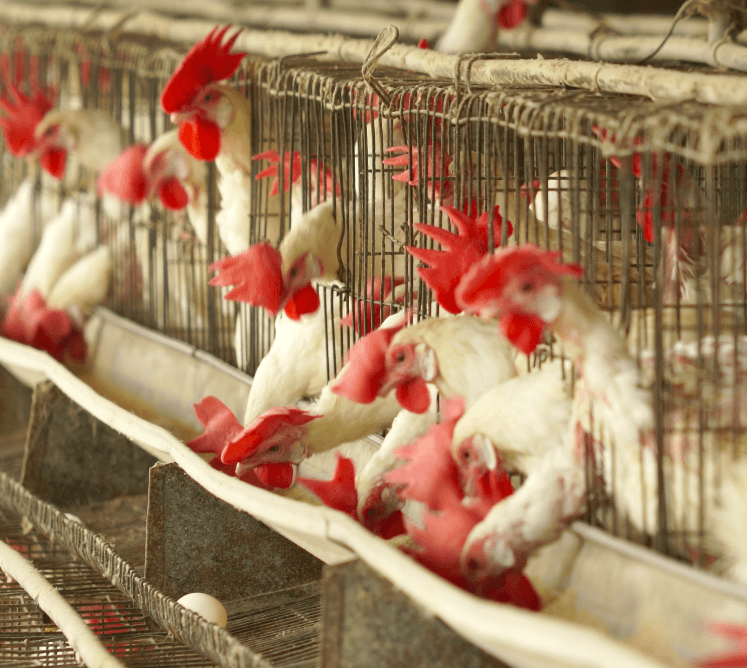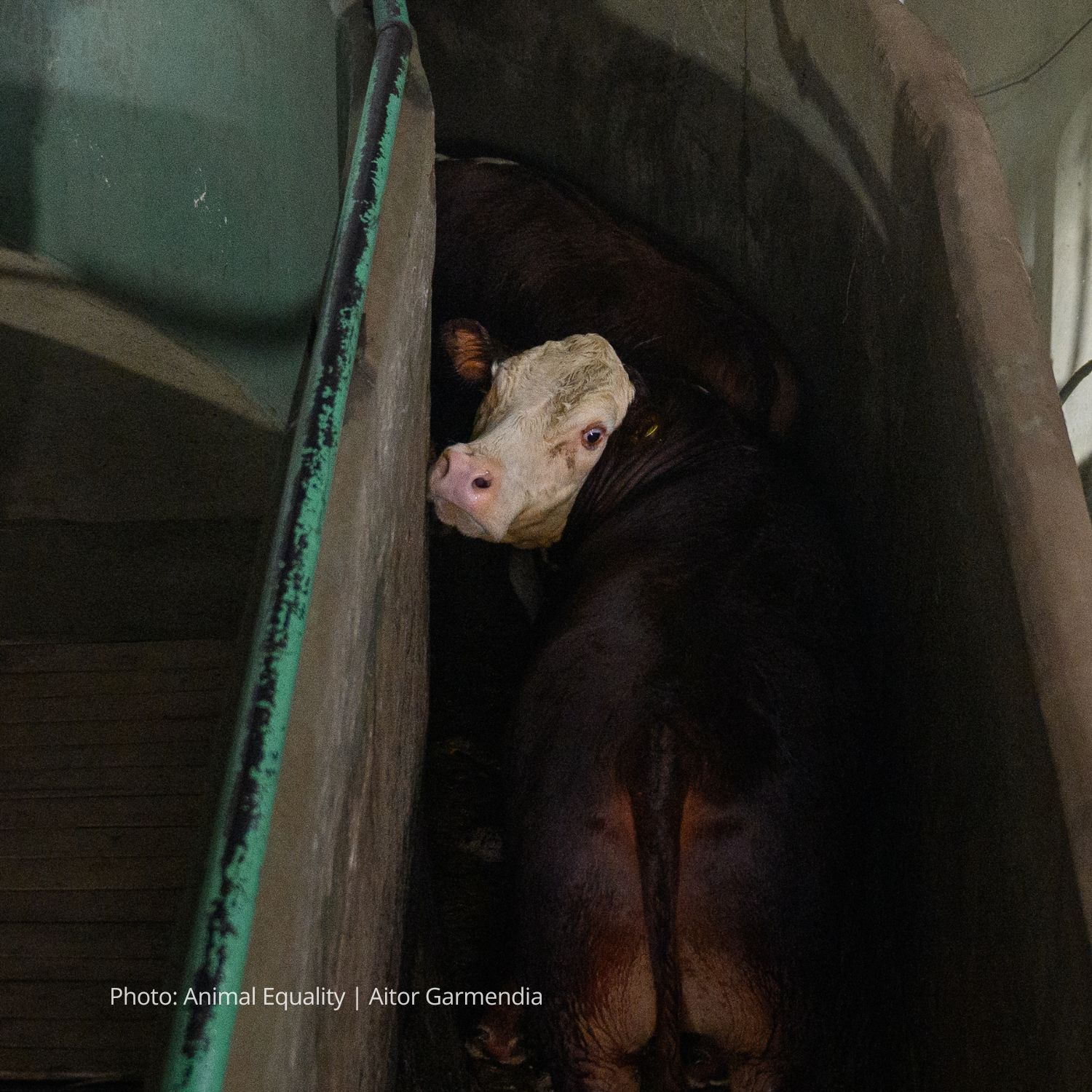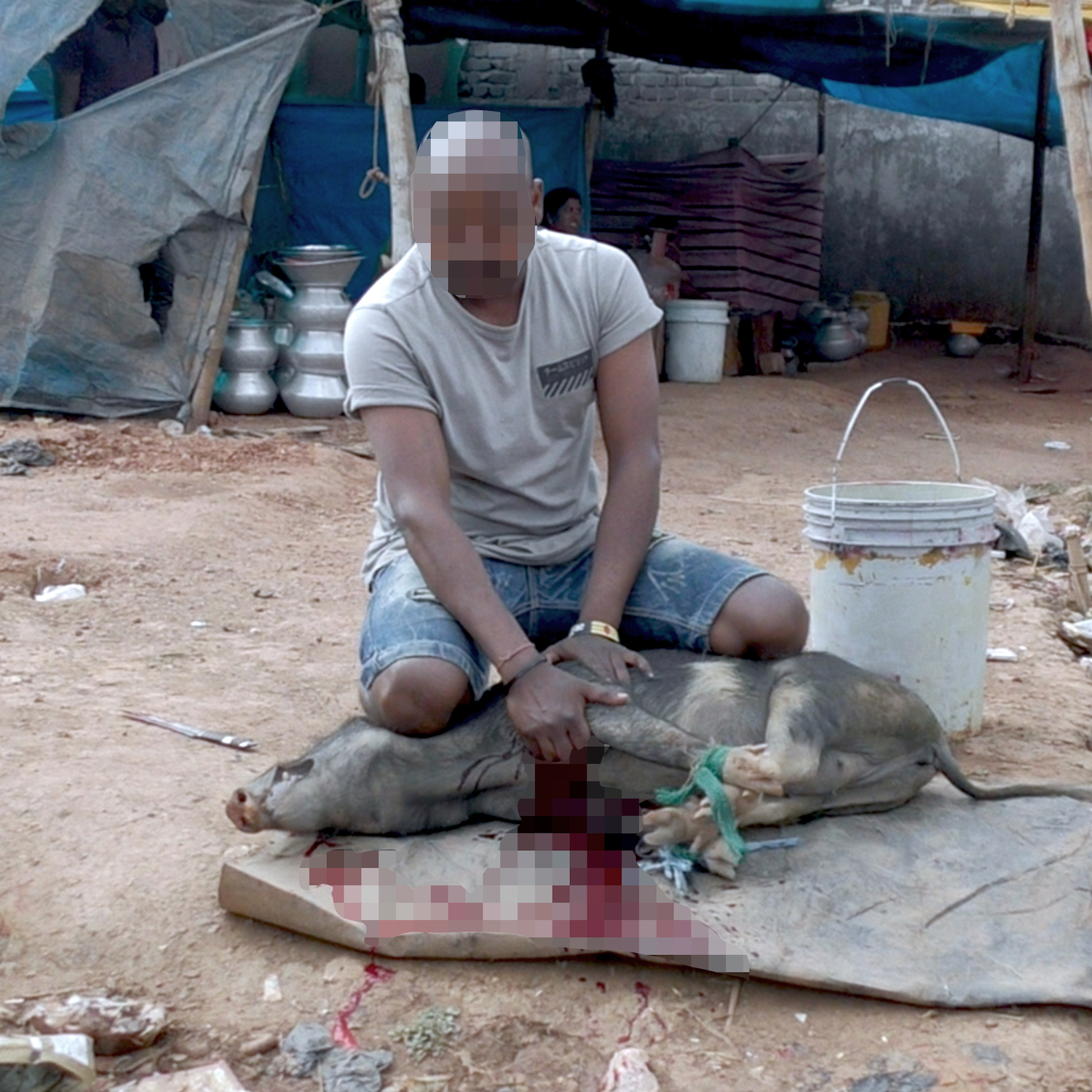Indian food companies take critical first step to end animal cruelty



Animal Equality announces that several companies from the hospitality and supermarket sectors have begun sourcing cage-free eggs. This important development will address some of the most horrific cruelties inflicted on caged hens at egg farms across the country. After exposing the horrific cruelties inflicted on hens at egg farms, Animal Equality, an animal protection organisation based in Pune, began requesting food companies from various sectors to reduce the suffering of hens raised for eggs. One significant way to reduce the suffering of these animals is to stop the practice of confining them in cages so small that they can’t even move. This is a blatant violation of the ‘Five Freedoms’ and various sections of the Prevention of Cruelty to Animals Act, 1960.
Metro Cash and Carry, Aditya Birla Group’s – More, BigBasket, ITC Ltd., SPAR hypermarket, and The Leela – Mumbai, are few of the many companies that have launched pilot batches of cage-free eggs, further propelling the global cage-free egg movement forward.
Egg producers are also beginning to support this change, with MPM farms of Tamil Nadu announcing that all of its 25,000 hens will be moved to a cage-free housing system by May 2019. MPM joins the growing number of egg producers like Kegg and Happy Hens that are housing their hens in cage-free housing systems. Henfruit is another egg producer who has 30,000 hens in a cage-free housing system and will be moving another 25,000 hens.
Amruta Ubale, Executive Director of Animal Equality says, “With this move by the Indian food companies and egg producers, India has taken its first step in joining a growing global movement in which food companies around the world have introduced animal protection policies, often as a result of growing consumer demand for improved animal welfare standards. These important policies not only prevent some of the unnecessary suffering these animals are forced to endure, but are also in line with the companies’ sustainability, environment and other Corporate Social Responsibility policies.”
Much of the animal agriculture business in India follows the factory farm model. Factory farming is not just cruel to animals but also devastating to the environment. Intensive animal production is a key contributor to air, water and soil pollution, greenhouse gas emissions and deforestation. Most of the animal products that come from these farms can also be harmful to consumers. About 80% of eggs are produced in industrialised egg farms that use cages with only 20% coming from rural areas that use cage-free housing systems. Before the onset of factory farming, hens were housed in a cage-free housing systems. Ubale adds, “While cage-free does not mean cruelty-free, companies introducing such steps are taking an important step toward improving conditions for animals who suffer tremendously on factory farms.”



